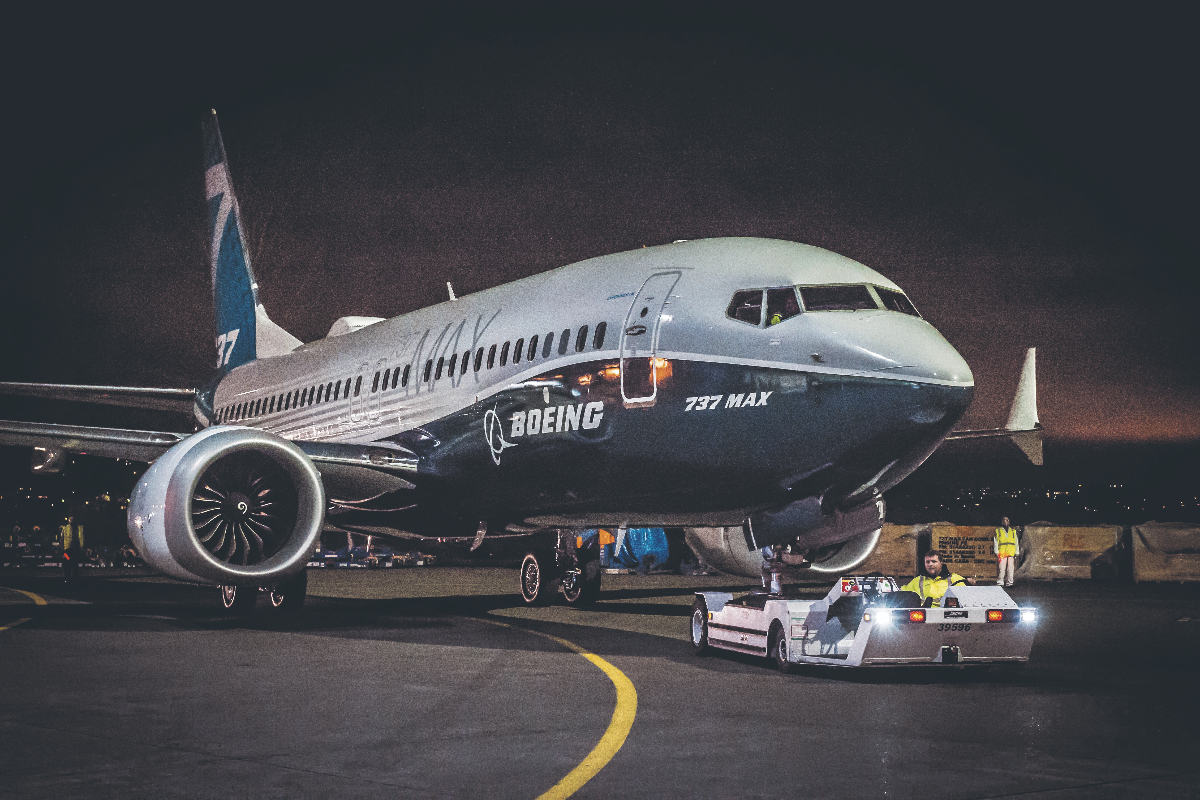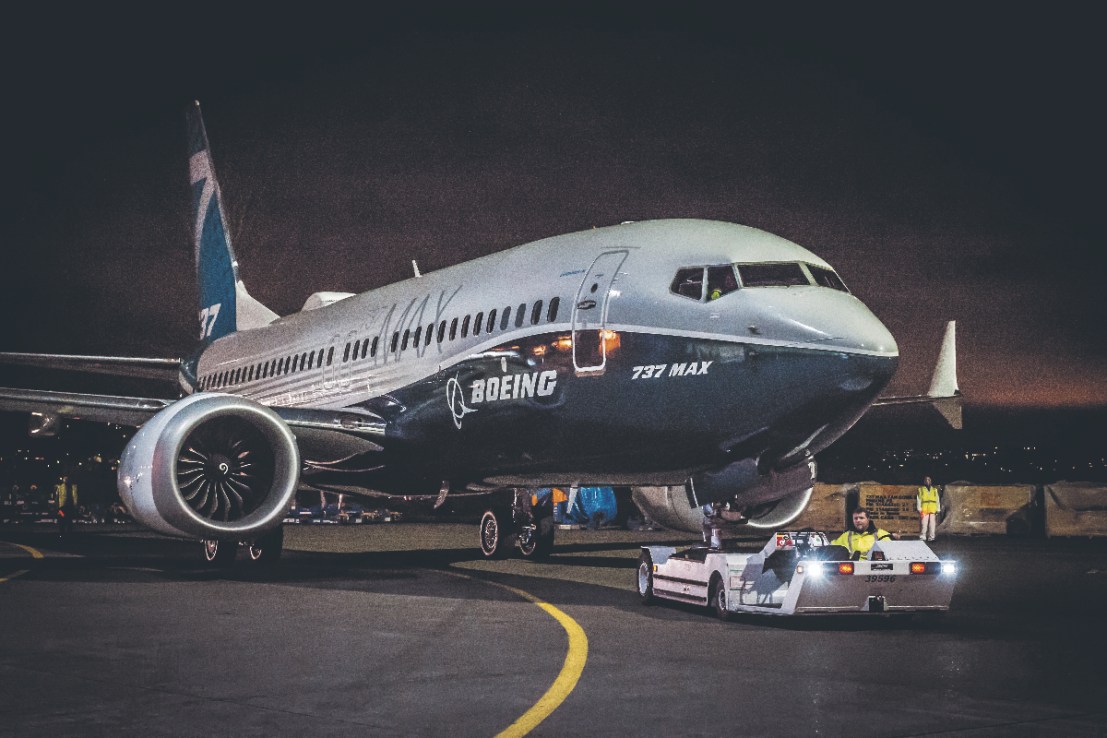Boeing strike set to drag on after talks with union collapse
Boeing said it had removed an offer which would have increased pay for its rank-and-file machinists by nearly a third over the next three years.


Boeing said it has withdrawn an offer of a pay rise for striking employees after negotiations with unions stalled.
The US plane maker said it had removed an offer that would have increased pay for its rank-and-file machinists by nearly a third over the next three years.
The International Association of Machinists and Aerospace Workers (IAM), which represents around 33,000 US workers, said Boeing was “hell-bent on standing on the non-negotiated offer” that its members rejected.
Boeing last month unveiled what it described as a “best and final” offer to the union, a 30 per cent pay rise over the next four years. The union is asking for a 40 per cent rise.
Over 90 per cent of now-striking workers rejected the offer of a 25 per cent pay hike over the next four years.
“The union made non-negotiable demands far in excess of what can be accepted if we are to remain competitive as a business,” Stephanie Pope, the head of Boeing’s commercial aeroplanes segment, said late on Tuesday in a letter addressed to employees, according to reports.
“Given that position, further negotiations do not make sense at this point and our offer has been withdrawn.”
The industrial dispute has piled pressure on Boeing at a time when it is grappling with a reputational crisis surrounding quality control.
The issues began in January after a door panel on an Alaska Airlines 737 Max aircraft blew out in the middle of a flight, forcing a dramatic emergency landing.
Shares have fallen over 38 per cent this year to date, with the fallout from the crisis ultimately forcing out chief executive Dave Calhoun and a number of other senior executives.
Boeing on Tuesday was confronted by another safety problem after the Federal Aviation Administration (FAA) issued safety alerts surrounding over 40 operators, which could be using Boeing 737 jets that contain faulty rudder components.
Aircraft deliveries in September came in substantially lower than the firm’s 10-year average of 50 planes per month, at only 33.


